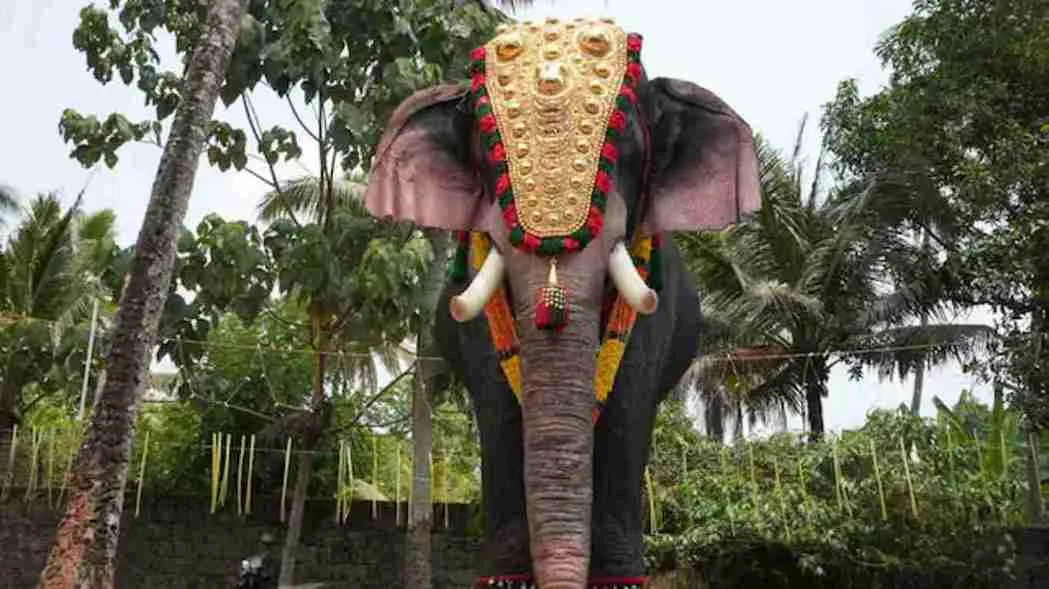In a groundbreaking move that blends technology with tradition, temples in Kerala have introduced the country’s first robotic elephant to perform ceremonial duties. This innovative solution aims to preserve sacred rituals while ensuring the welfare of real elephants.
A Modern Twist on Ancient Rituals
Robotic elephants are rapidly becoming part of everyday life, transforming various industries with automation and efficiency. Now, Kerala’s temples are leveraging this technology to carry out religious ceremonies in a humane and ethical manner. These mechanical marvels replace live elephants, allowing the real animals to remain in their natural jungle habitat with their families.
The Mechanical Elephant: Features and Functionality
Standing 3 meters tall and weighing 800 kilograms, the robotic elephant is constructed from a combination of rubber, fibre, metal, mesh, foam, and steel. Powered by five motors, it mimics the movements of a live elephant with remarkable precision—it can shake its head, lift its trunk, move its ears and eyes, swish its tail, and even spray water. Mounted on a wheelbase for easy maneuverability, these lifelike machines can be driven through temple processions, accompanied by flashing lights, rhythmic drums, and vibrant music.
WATCH THE VIRAL VIDEO:
View this post on Instagram
Championing Animal Welfare
The initiative comes amid growing concerns about the treatment of captive elephants in India. Organizations like PETA India highlight that over 2,700 elephants in captivity endure severe physical and psychological stress due to isolation and harsh training practices. Former temple official CG Prakash, who helped bring the robotic elephant to a popular Kerala temple, emphasized, “It is a wild animal; it belongs in the jungle. Capturing and confining them is unethical.” This sentiment is shared by animal rights advocates who argue that replacing live elephants with mechanical ones is a compassionate and necessary step.
A Move Towards Ethical Traditions
Donated by the Voice for Asian Elephants Society, these robotic elephants are part of a broader campaign to promote cruelty-free temple practices. Since early 2023, PETA India has been actively encouraging temples to opt for mechanical alternatives. Presently, at least 13 robotic elephants are being used across South Indian temples, with eight donated specifically to institutions in Karnataka and Kerala as a recognition of their commitment to ethical practices.
The adoption of robotic elephants represents a significant stride in harmonizing technology with cultural heritage. As temples continue to honor age-old traditions while embracing modern innovations, the welfare of native elephants is prioritized, ensuring that sacred rituals are conducted with respect and care for all living beings.



















